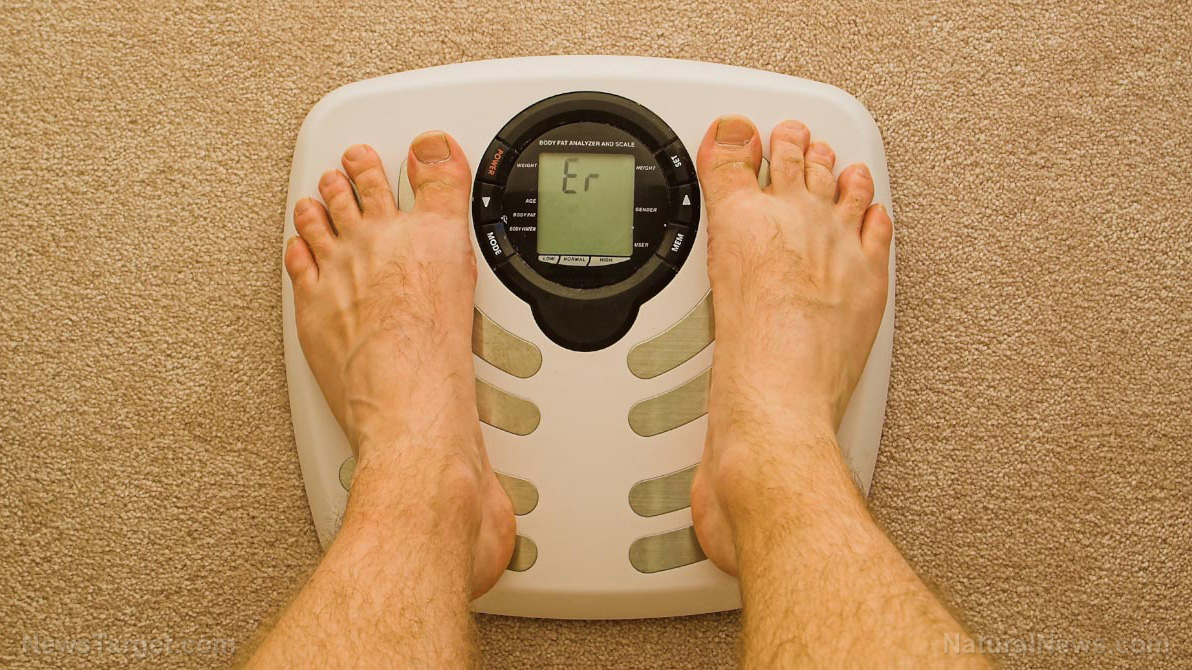New study suggests that time-restricted eating can correct obesity and other metabolic problems
12/21/2018 / By Zoey Sky

If you want to lose weight just before the holidays, take note of what you eat and when you do it. According to a study, there is a connection between your body clock and eating behavior.
Based on the researchers’ observations of the diets of lab mice with disrupted circadian clocks, timing is crucial to metabolism. They also explained that controlling the times when the subjects eat can help correct obesity and other metabolic problems often observed in these mice.
Surprisingly, the calorie intake of the different mice groups was the same even if some of them were fed an unhealthy diet. The study findings point to a newly discovered connection “between [the] disruption of the clock and eating behavior.”
Dr. Satchidananda Panda, the senior author of the study and a professor in the Regulatory Biology Laboratory at the Salk Institute, explained that the finding is an unexpected one. He explained that while experts previously believed that “the circadian clock had a direct impact on maintaining a healthy metabolism,” the research findings could prove otherwise.
Dr. Panda noted that based on their research, the circadian clock’s main role is to produce daily eating-fasting rhythms while metabolic disease could be the result of disrupted eating behavior.
Your circadian clock and its effect on metabolism
Certain bodily functions are affected by the daily cycle of light and dark that is governed by the sun. In fact, combined with this cycle of day and night, other environmental factors such as humidity and temperature stimulate various processes in the human body such as:
- Blood pressure
- Body temperature
- Digestion
- Melatonin (the sleep hormone)
Dr. Panda’s earlier studies have determined that having an intact circadian clock tells mice when to eat, such as when the mice have access to healthy food. Data from these studies revealed that subjects with defective clocks tend to have disrupted eating patterns if they could eat whenever they want. In time, most of these mutant mice developed signs of metabolic diseases, even when they were only given healthy food.
Separate studies had confirmed that when normal mice had free access to food full of fat and sugar, the bad diet nullifies their circadian clock. In turn, the mice ate randomly and developed metabolic diseases.
Meanwhile, restricting the timing of when the mice are allowed to eat allowed the researchers to prevent and reverse the negative impacts of the unhealthy diet. After an eight- to 12-hour time window, factors such as glucose levels, high cholesterol, and stamina on a treadmill were measured. The time-restricted feeding helped promote “robust rhythm in circadian clock components.” (Related: Midnight snacking makes you fatter.)
Dr. Panda shared that data from the previous studies helped them formulate the theory that “a robustly cycling circadian clock function” is crucial to preventing metabolic diseases.
In the recent study, the researchers set out to answer one question: “If the mice don’t have an internal clock telling when to eat, can we externally instruct mice when to eat, and will it prevent metabolic diseases?” The researchers noted that for the metabolic parameters that they examined, restricting the timing of feeding helped prevent health deterioration despite the absence of a normal circadian clock.
For the study, the scientists observed three different strains of mice with disrupted circadian clocks. The clocks were disrupted by “knocking out” specific genes that help regulate internal timing.
Some of the mice could eat food whenever they wanted, while others could only eat for a restricted nine- to 10-hour time window. Test results showed that the total calorie intake was the same whether the mice had normal or disrupted clocks.
This data can be used on future studies concerning how the clock influences the central nervous system and how it controls the urge to eat.
The researchers will also determine how the findings can be applied to human studies. Dr. Panda concluded that as individuals age, they may “start to lose their clocks.” Based on the study results, experts can determine new ways to manage compulsive eating in people with disrupted circadian clocks.
The study was published in the journal Cell Metabolism.
Read more articles about the circadian rhythm and how it’s linked to weight loss at Slender.news.
Sources include:
Tagged Under: circadian clock, eating behavior, exercise and fitness, fitness, longevity, metabolic disease, metabolic problems, obesity, overweight, proper diet, slender, time-restricted eating, TRE, weight loss


















